You’re bringing home a new kitten and you’ve probably already considered all of the essentials – litter box, nutritious food, toys, vaccinations, and your local vet on speed-dial. But it’s just as important to remember that your new friend can be quite mischievous and may want to climb, scratch, claw and chew his or her way all over your home. Even if you’re bringing home a slightly older cat, you’ll still want to make sure that your environment is safe. And don’t forget that your commitment to your cat means keeping your home safe and comfortable for your cat, even as he or she ages.
Here are some things to consider as you prepare your home for your new companion:
THE KITCHEN
Make sure cabinets holding cleaners are always closed and that garbage cans are inaccessible. Plastic wraps and certain foods containing additives are also dangerous for your cat. All of these things pose choking or potential poisoning hazards for your cat.
BATHROOMS
It’s probably obvious that you wouldn’t want your cat to ingest any pills or medicines, but it can take as little as ibuprofen or acetaminophen to kill a kitten. Drain cleaners and razors are extremely dangerous as well. You will also want to make sure toilet seats are closed, as some cats are drawn to water.
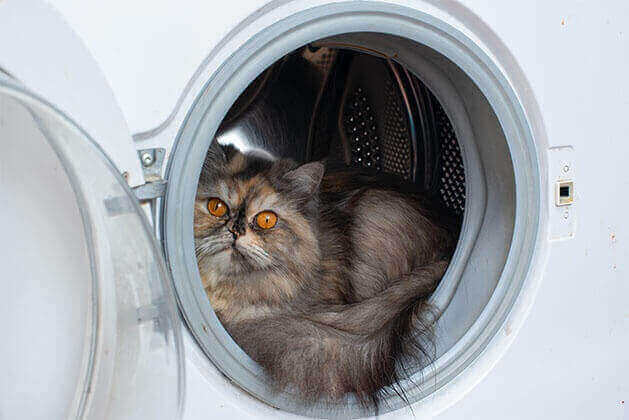
LAUNDRY ROOM
Soap pods can look a lot like little treats or toys to your cat, but they can be lethal if ingested. Keep them and other cleaning products stored away. Also, be sure to double check your washing machine or dryer before closing the door. Cats love confined spaces and have been known to sneak into a laundry machine for a little snooze. For that matter, be sure to check boxes too before throwing them away or packing them shut!
GARAGE
A garage is full of bits and bobs that would be interesting your kitten/cat to investigate but can pose a risk, from pesticides to nuts and bolts. Make sure that anything that could pose a health risk to your feline is packed away out of paw reach. Rodent bait is also fatal to cats – as well as mice and rats!
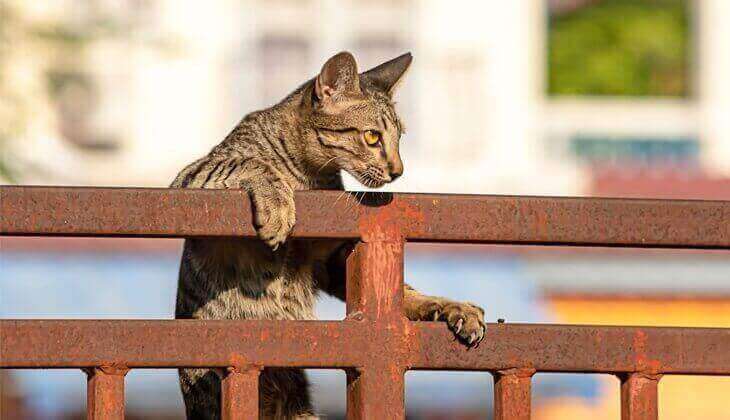
YARD
If your cat goes outside at all, there are many potential dangers lurking there. Unfenced pools and rotted tree limbs should be tended to. Treated lawns and decks may have toxic chemicals on them that your cat will lick-off his or her paws. You should also check if any of your plants are poisonous if ingested, and make sure all fences are secure enough that a cat can’t slip through.
OTHER THINGS TO CONSIDER
- Uncovered electrical outlets and wires. These can cause a shock if your cat decides to lick or chew on them. Loose wires can also topple lamps and appliances if pulled. Consider tacking them to the floor.
- Hanging cords for blinds. Cats love to climb everything, but these are especially dangerous, as they pose a risk for strangulation. You should check for anything else that might be long and hanging, such as tablecloths or strings.
- Knick-knacks. Small items like rubber bands and paper clips are a choking hazard if left in a place where your cat might try to nibble on them.
- Unstable furniture. Items such as bookcases can topple over if your cat decides to hang from them.
- Doors, windows and fireplaces. You should make sure these are secured and shut so your cat can’t escape or have an accident.
- House plants and cut flowers. Not all plants and cut flowers are “cat friendly”. Be sure to discuss with your veterinarian the common South African plants that should rather be avoided.
Your Aging Cat
As your cat ages, he or she might be less prone to climbing the drapes, but there will be new challenges.
It’s important to remember that cats experience many of the same health issues humans do as they age, so you will want to think about your cat’s changing needs.
Cats are considered senior when their physical capabilities begin to gradually decline. However, there are ways to keep your cat healthy into their senior years and different ways you can cat proof your house to make things more comfortable and safer for your feline friend.
The Litter Box
In addition to joint issues such as arthritis, your aging cat may also have less control over bladder and bowels. Consider ways to make the litter box more accessible. For example, if you have a two-story house, place a litter box on each floor.
Favorite Spots
Those same stiff joints can also make it harder for your aging cat to reach a favorite resting spot, such as that windowsill in the sun. Find ways to make it easier for your cat such as placing a chair or stool underneath the favorite spot, or purchase specially made pet stairs.
Grooming
Your aging cat will still want to groom, but may not be able to reach all those same spots as easily. Keeping your cat groomed is important and you will want to help with that.
Vision
Failing vision may also be an issue for your aging cat. There are ways you can help him or her continue to navigate around your house effectively by using small bells around the house, or by placing night-lights throughout, especially in dark hallways.
Diet & Exercise
Like humans, when cats age, their muscle mass and body weight begin to decline. Make sure your feline companion eats a diet that is high in protein and easily digestible to help slow this decline. Exercise and play are still important for your cat’s health, from his or her muscles to the heart, even if your furry friend moves a little slower.
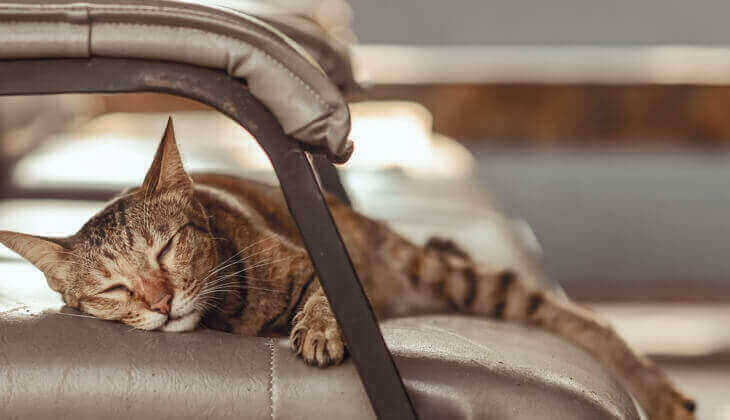
Health & Protection
To help your cat get around a little easier, you can also consider aids like ramps, booties, harnesses for lifting them up, toe grips and adhesive pads.
Also, it is important to be current in your visit to the vet to maintain your cat’s vaccinations and check-up’s. A cat’s risk to parasites, such as fleas and ticks, is a reality at any age, and health related issues become more common with senior cats.
Keeping up on your cat proofing, from kitten-hood through your cat’s senior years, will ensure a healthy and as safe as possible life for your pet.
Looking for a Vet?
Your veterinarian plays a big role in your pet’s health. Input your location information and get a list of veterinarians near you.
Find A Vet Near Me

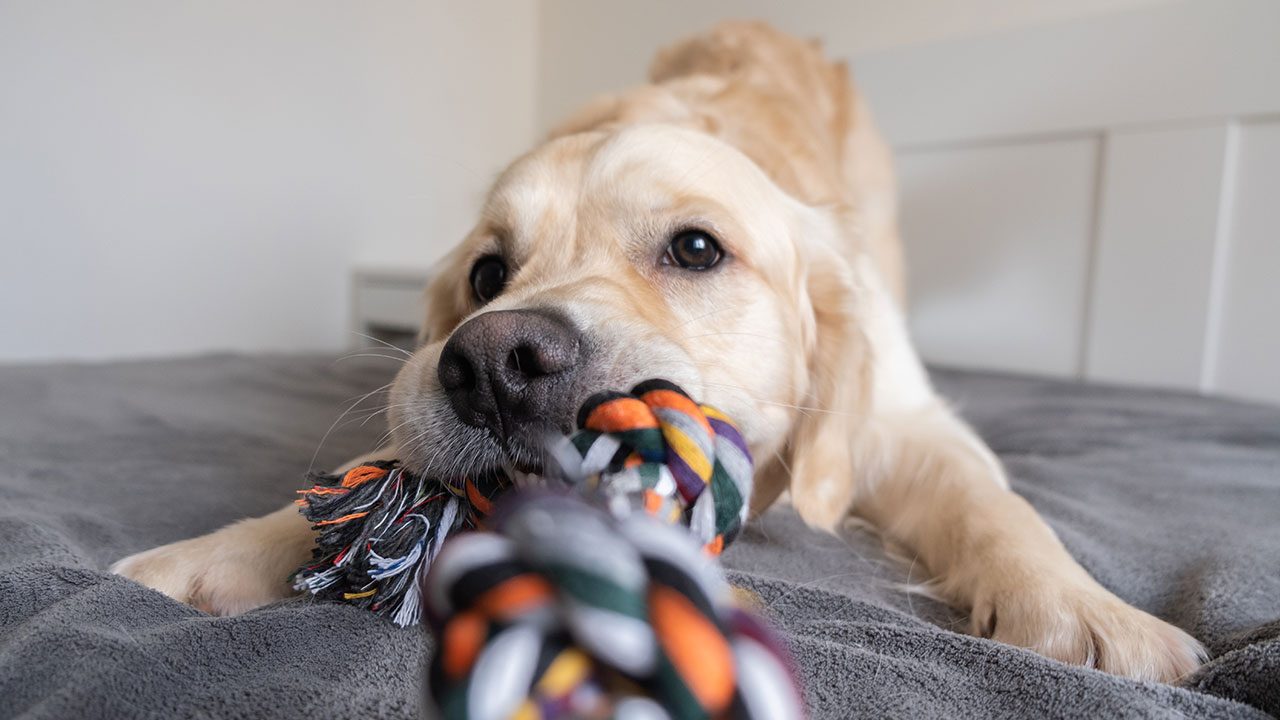


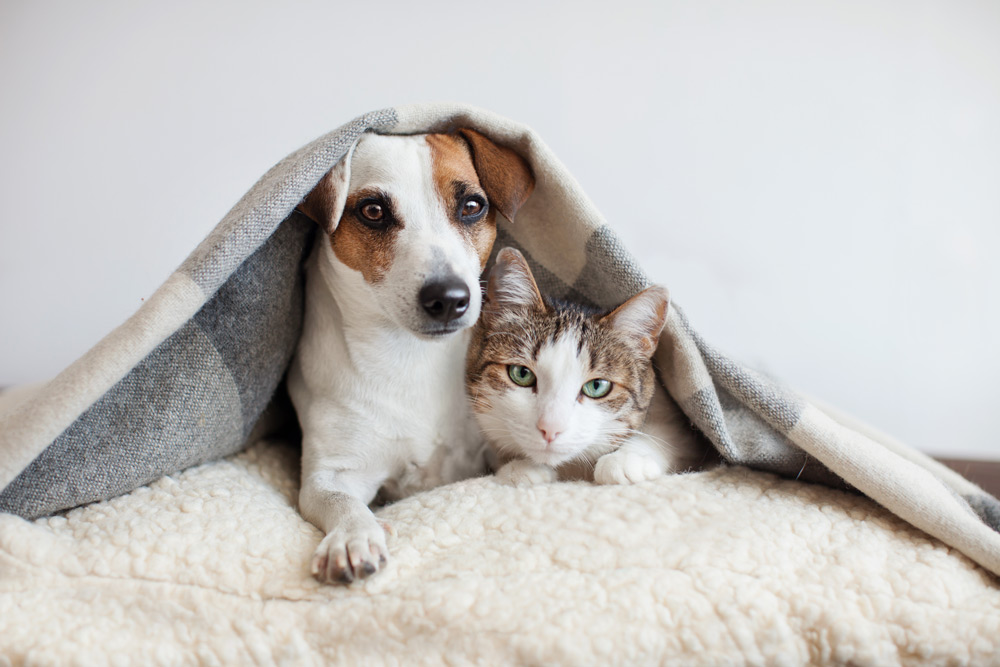
 Go To United States
Go To United States Austria
Austria Belgium
Belgium Czech Republic
Czech Republic Denmark
Denmark Europe
Europe Finland
Finland France
France Germany
Germany Greece
Greece Hungary
Hungary Ireland
Ireland Israel
Israel Italy
Italy Netherlands
Netherlands Norway
Norway Poland
Poland Portugal
Portugal Romania
Romania Saudi Arabia
Saudi Arabia Slovakia
Slovakia South Africa
South Africa Spain
Spain Sweden
Sweden Switzerland
Switzerland Turkey
Turkey United Kingdom
United Kingdom